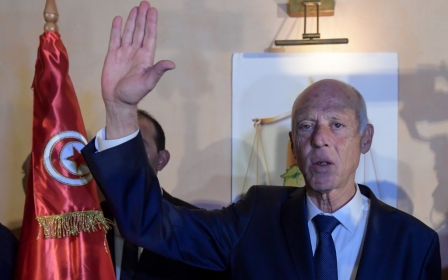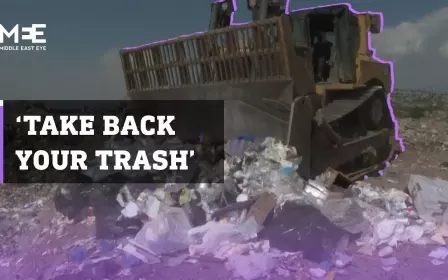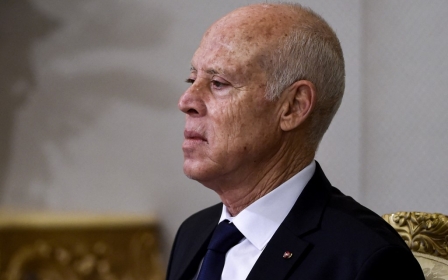Tunisia: President denies 'coup' plan after days of speculation
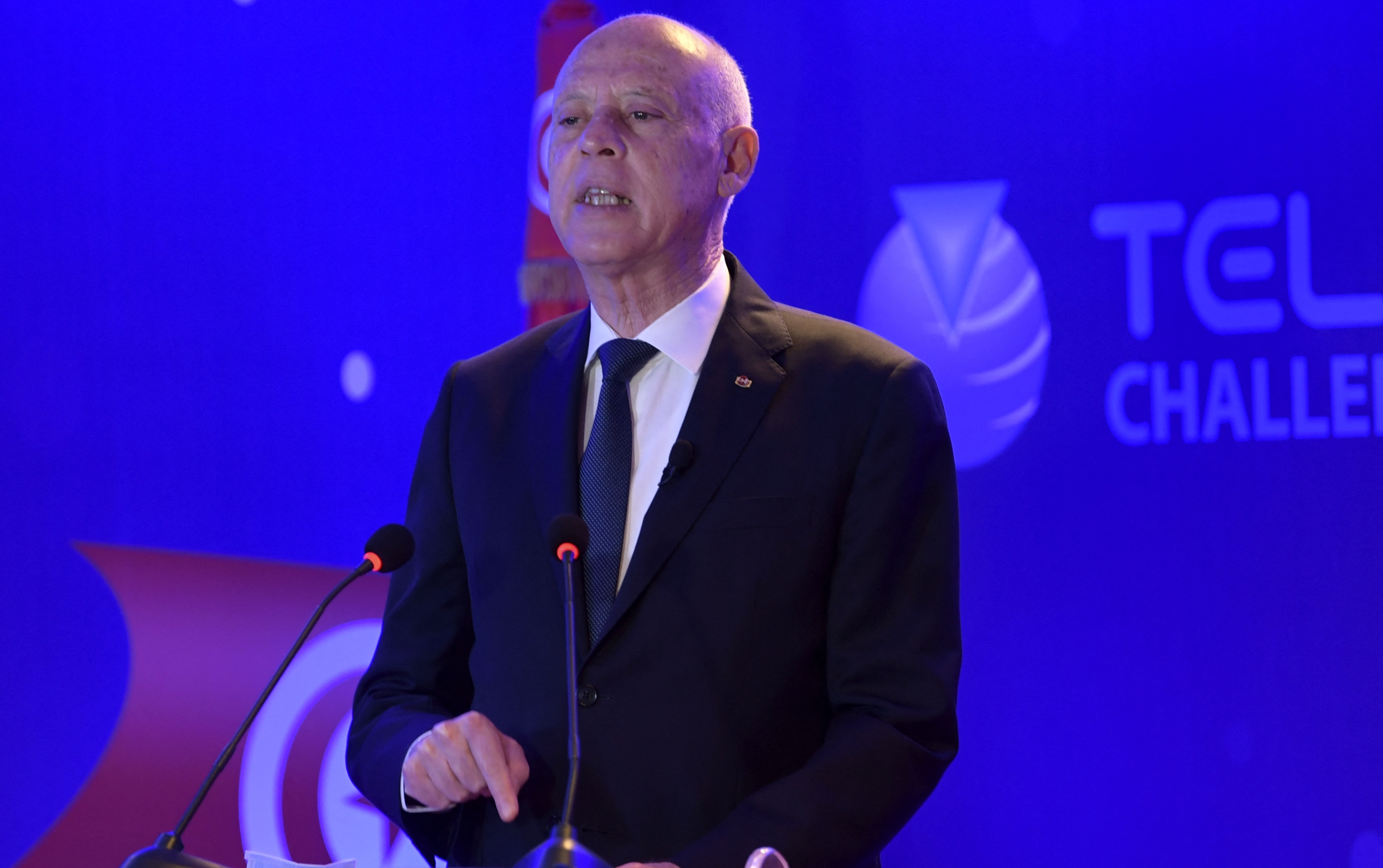
Tunisia's president has denied he was planning a "coup" in the country after Middle East Eye (MEE) published a document purporting to show how to undertake a power grab.
Kais Saied has confirmed the authenticity of the document in a video released by his office.
According to Arabi 21, during a conversation with Prime Minister Hichem Mechichi and Defence Minister Brahim Bartaji on Wednesday, Saied said the document was sent to him, but questioned why he was blamed for its contents.
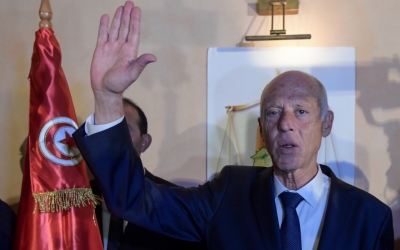
"You receive a letter and suddenly you are the one to blame, this world makes no sense," he said.
"Once you receive the letter you are automatically blamed without any consideration for your response to it."
The document outlined plans to lure Saied’s political rivals to the presidential palace and announce the coup in their presence while not allowing them to leave.
Other top politicians and businessmen would be simultaneously arrested.
The plan was contained in a document passed to MEE, labelled “absolutely top secret” and dated 13 May.
Addressed to Saied’s chief of staff Nadia Akacha, it outlined how the president would enact a chapter of the constitution which - under a national emergency - would give him complete control of the state.
'Constitutional dictatorship'
Under the plan, leaked from Akacha's private office, the president would call an urgent meeting of the National Security Council at his palace in Carthage, under the guise of the pandemic, the security situation, and the state of the country’s public finances.
Saied would then undertake a number of arrests and declare a “constitutional dictatorship” which the authors of the document say is a tool for “concentrating all powers in the hand of the President of the Republic”.
Labelling the situation as a “national emergency” the document states: “in such a situation it is the role of the President of the Republic to combine all powers in his grip so as for him to become the centre of authority that enables him to exclusively hold... all authorities that empower him.”
In his comments on Wednesday, Saied did not disclose the source of the letter or who sent it to him, but expressed his uneasiness about a spate of recent leaks, Arabi 21 reported.
"We are on the verge of establishing a ministry for leaks," he said.
Middle East Eye delivers independent and unrivalled coverage and analysis of the Middle East, North Africa and beyond. To learn more about republishing this content and the associated fees, please fill out this form. More about MEE can be found here.



